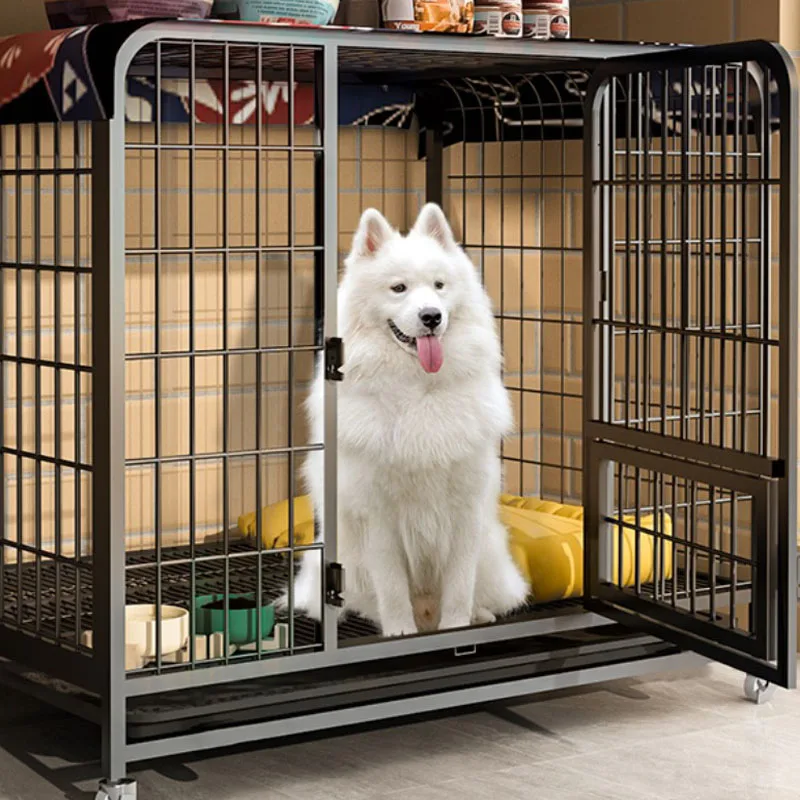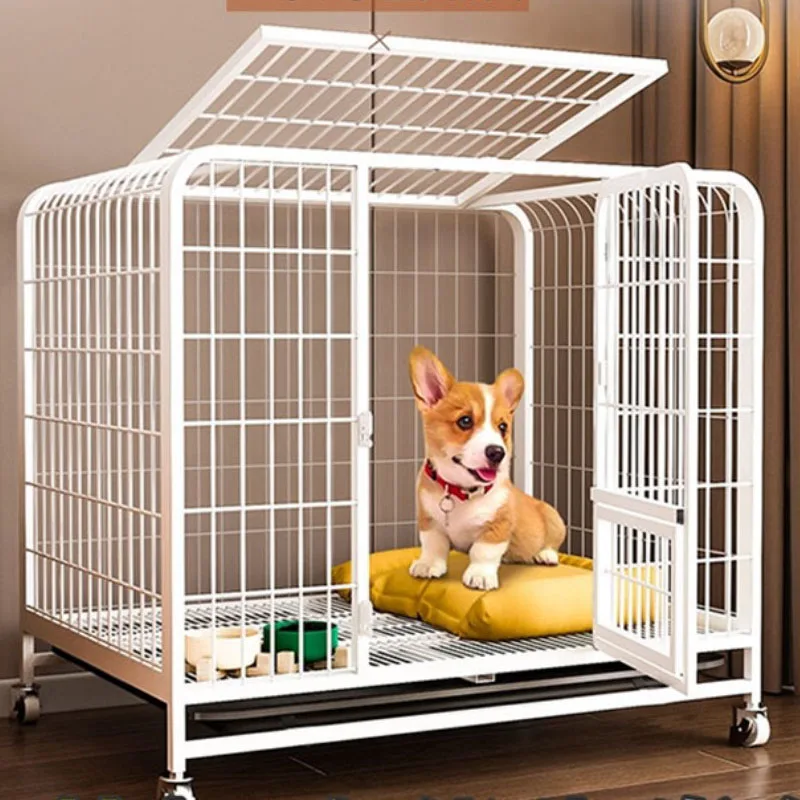Introduction
Kennel cough is a common respiratory infection in dogs, but many pet owners wonder whether it can also affect cats. This article explores the nature of kennel cough, its transmission, and can kennel cough spread to cats.

Understanding Kennel Cough
What Is Kennel Cough?
Kennel cough, or canine infectious tracheobronchitis, is an upper respiratory infection. It often occurs in places where dogs gather, such as kennels, dog parks, or grooming facilities. The condition is highly contagious among dogs and is caused by various viruses and bacteria. The primary culprits are Bordetella bronchiseptica and canine parainfluenza virus. These pathogens irritate the dog’s throat and windpipe, leading to a harsh cough, which is its most recognizable symptom.
Symptoms of Kennel Cough
Symptoms of kennel cough include a persistent dry cough, sneezing, nasal discharge, and lethargy. In mild cases, dogs may continue to eat and play normally. However, in severe cases, symptoms can escalate, leading to pneumonia or other complications. It’s essential for dog owners to recognize these symptoms and consult a veterinarian for proper diagnosis and treatment.
Transmission of Kennel Cough
How Is It Spread?
Kennel cough spreads primarily through respiratory droplets. When an infected dog coughs or sneezes, it releases droplets into the air, which can be inhaled by nearby dogs. The disease can also spread through direct contact, such as sharing water bowls or toys. Because it is so contagious, kennel cough can quickly spread in group settings.
Environmental Factors
The environment also plays a crucial role in the spread of kennel cough. Crowded places with poor ventilation increase the risk of infection. Viruses and bacteria can linger on surfaces, making it possible for dogs to contract the illness by coming into contact with contaminated objects. This is why cleanliness and good hygiene practices are essential in facilities that care for dogs.
The Risk to Cats
Can kennel cough spread to cats? While kennel cough primarily affects dogs, some aspects of it can potentially impact cats. Bordetella bronchiseptica, one of the main bacteria responsible for kennel cough, can infect cats. However, this is relatively rare. Cats generally do not contract kennel cough in the same way dogs do. They have different respiratory systems and immune responses, which makes them less susceptible to the disease.
Symptoms in Cats
If a cat were to contract Bordetella bronchiseptica, symptoms may include coughing, sneezing, and nasal discharge. These signs are similar to those seen in dogs, but it’s important to note that such infections in cats are uncommon. Most cats with respiratory issues have other causes, such as feline herpesvirus or calicivirus, which are more prevalent.
Prevention and Care
Vaccination for Dogs
Vaccination is one of the best ways to prevent kennel cough in dogs. Many veterinarians recommend the Bordetella vaccine, especially for dogs that spend time in crowded environments. While there is no vaccine specifically for cats against kennel cough, keeping dogs vaccinated helps reduce the risk of transmission to other animals.
Hygiene Practices
Maintaining good hygiene practices can help minimize the spread of kennel cough. This includes regular cleaning of toys, bowls, and bedding. Ensuring that dogs do not interact with infected animals also helps prevent outbreaks. If you notice symptoms in your dog, isolate them from other pets until they have fully recovered.
Caring for Infected Animals
Treatment Options for Dogs
If a dog is diagnosed with kennel cough, treatment typically involves supportive care. This may include rest, hydration, and cough suppressants. In more severe cases, antibiotics may be prescribed if a secondary bacterial infection is present. It’s crucial to follow the veterinarian’s guidance and not to self-treat.
Caring for Cats
If a cat shows respiratory symptoms, it’s best to consult a veterinarian. While kennel cough is rare in cats, other respiratory infections can occur. Your vet will conduct an examination and may recommend treatments such as antiviral medications or supportive care, depending on the diagnosis.

Considerations for Pet Owners
Recognizing Respiratory Issues
It’s crucial for pet owners to be aware of the signs of respiratory issues in both dogs and cats. Common symptoms include:
- Coughing: A persistent cough that doesn’t improve.
- Sneezing: Frequent sneezing can indicate irritation or infection.
- Nasal Discharge: Clear or colored discharge can suggest an underlying issue.
- Lethargy: A noticeable decrease in energy or interest in activities.
- Loss of Appetite: A reluctance to eat can be a sign of illness.
If you notice any of these symptoms, it’s advisable to consult a veterinarian promptly.
Monitoring Exposure
For pet owners with multiple animals, monitoring exposure to other pets is essential. If one pet shows signs of illness, keep them away from other animals until a vet can assess the situation. This is particularly important in multi-pet households or those that frequently visit dog parks or kennels.
Environmental Control
Improving your home’s air quality can help reduce respiratory infections. Ensure proper ventilation and consider using air purifiers to filter out allergens and pathogens. Regularly cleaning living areas and minimizing dust can also contribute to healthier environments for your pets.
When to Seek Veterinary Care
If you suspect that your dog or cat has contracted a respiratory illness, seeking veterinary care is critical. Early diagnosis and treatment can prevent more severe health issues down the line. Be prepared to provide your vet with detailed information about your pet’s symptoms, any recent exposure to other animals, and their vaccination history.
Importance of Routine Check-Ups
Regular veterinary check-ups are vital for maintaining your pet’s overall health. During these visits, your vet can discuss vaccination schedules, preventive care, and any other concerns you may have. Routine check-ups can also help catch potential health issues before they become more serious.
Understanding the Role of Stress in Respiratory Health
Impact of Stress on Pets
Stress can significantly impact your pet’s immune system, making them more susceptible to illnesses, including respiratory infections. Factors like changes in routine, travel, or the introduction of new animals can create stress. Recognizing and mitigating stressors is essential for your pet’s overall health.
Creating a Calm Environment
To help reduce stress, create a calm and stable environment for your pets. Provide safe spaces where they can retreat when feeling anxious. Consistent routines for feeding, playtime, and exercise can also help them feel more secure.
Behavioral Signs of Stress
Be on the lookout for behavioral changes in your pets, such as:
- Excessive barking or meowing
- Hiding or withdrawal from family activities
- Changes in appetite or sleep patterns
- Aggression or irritability
If you notice these signs, consider consulting a veterinarian or a pet behaviorist for guidance on how to manage your pet’s stress effectively.
Nutrition and Immune Support
Importance of a Balanced Diet
A well-balanced diet plays a crucial role in maintaining your pet’s immune health. Nutrient-rich foods help support their immune system, making them less vulnerable to infections. Ensure your pets receive high-quality food tailored to their specific needs, including age, weight, and activity level.
Supplements for Immune Support
In some cases, veterinarians may recommend supplements to boost your pet’s immune system. Omega-3 fatty acids, antioxidants, and probiotics can contribute to overall health. Always consult your vet before introducing new supplements to your pet’s diet.
The Importance of Socialization
Safe Interactions with Other Pets
Proper socialization is vital for dogs and can help prevent stress and behavioral issues. Gradual exposure to other dogs in controlled environments can build confidence and reduce anxiety. However, avoid high-risk areas during outbreaks of kennel cough or other respiratory illnesses.
Monitoring Health During Socialization
Always monitor your pet’s health after social interactions. If you notice any signs of respiratory issues, isolate them and consult a veterinarian as needed. Early intervention is key to preventing the spread of illness.

Conclusion: Understanding the Risks
In summary, kennel cough is primarily a dog disease, but certain strains can affect cats under specific conditions. While the risk is low, pet owners should remain vigilant about their animals’ health. Good hygiene practices, vaccinations for dogs, and regular veterinary check-ups are essential for maintaining a healthy environment for both dogs and cats.
